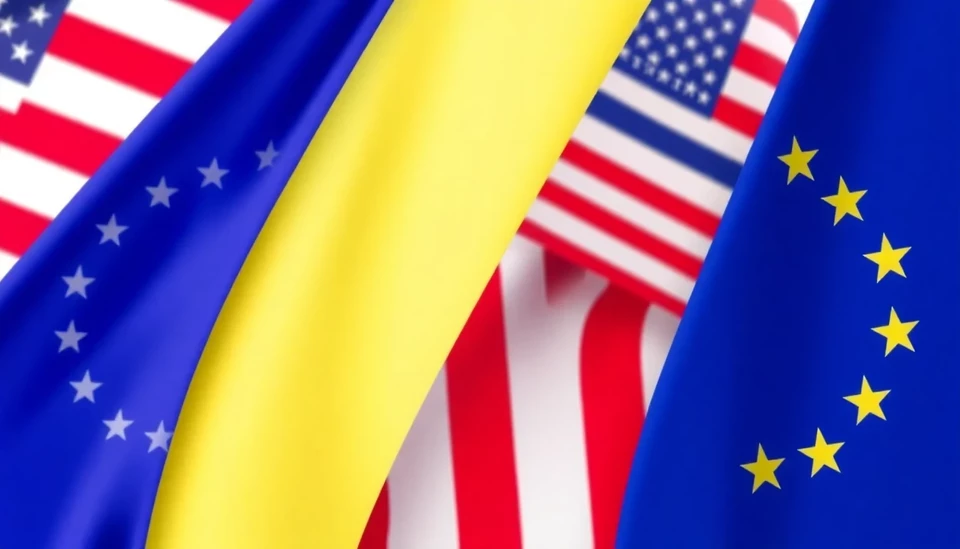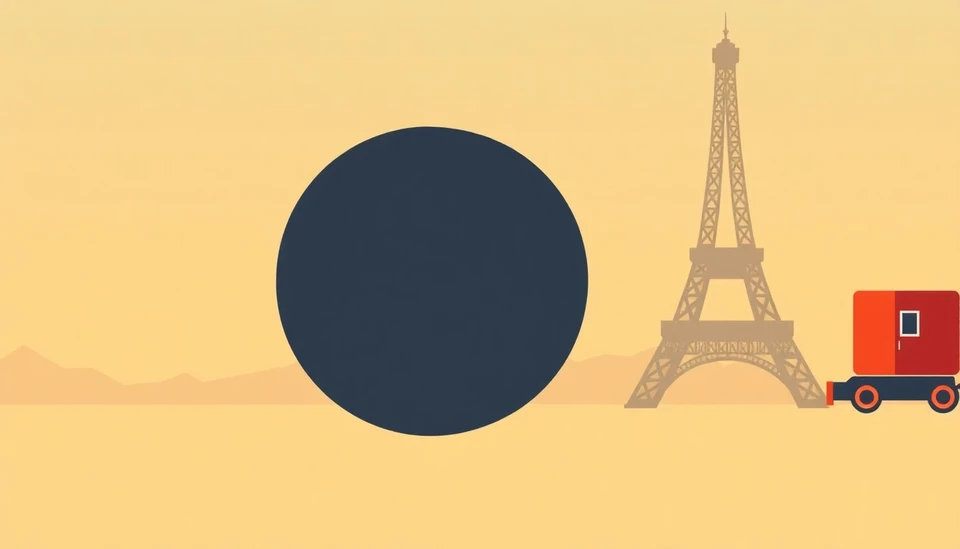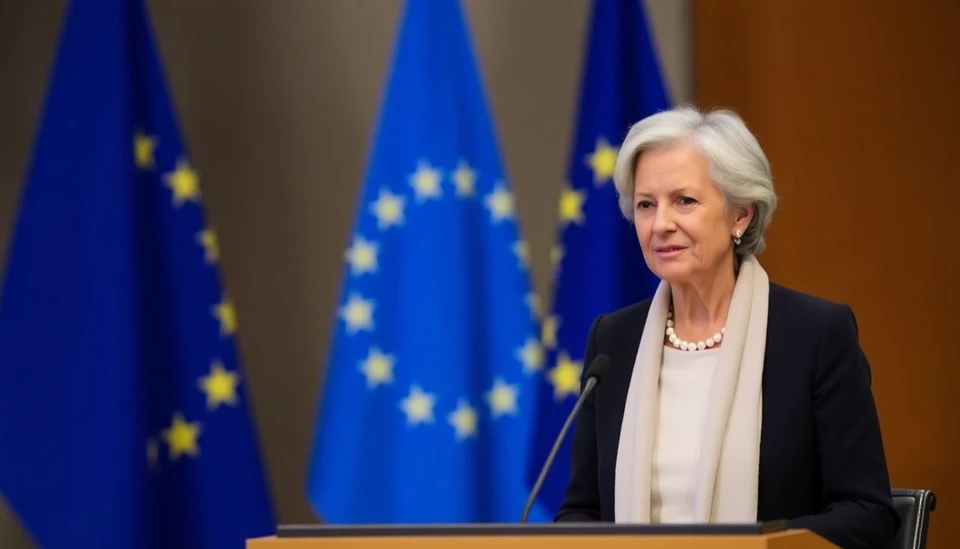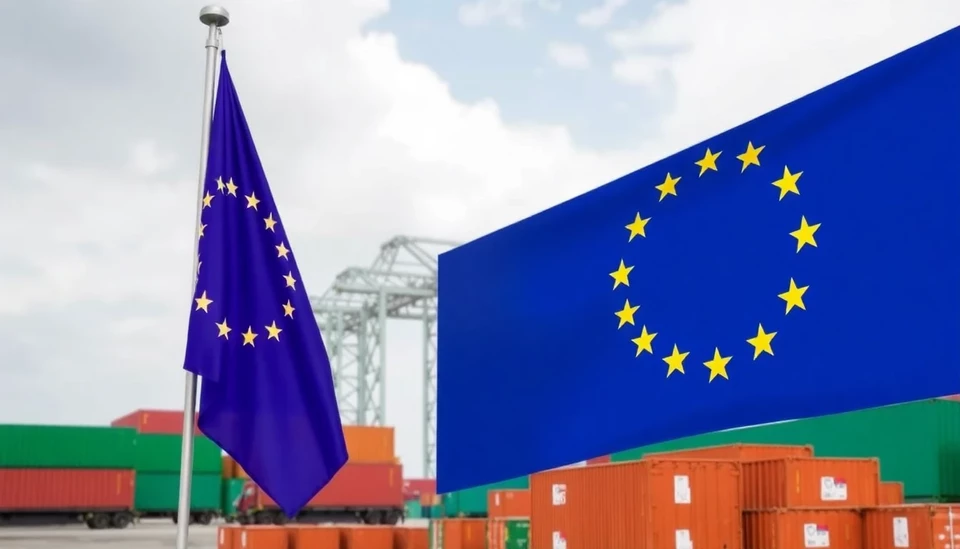
In a strategic move to bolster its global economic influence, the European Union (EU) is rapidly expanding its $2 trillion trade network. This initiative comes at a crucial time as the relationship between the EU and the United States shows signs of strain. Economic experts suggest that this expansion is essential for the EU to secure new markets and strengthen economic ties in a shifting geopolitical landscape.
The EU’s ambitious strategy involves negotiating new trade agreements and enhancing existing ones with key international partners. With rising protectionism in the U.S. under the current administration, European leaders are realizing the importance of diversifying their trade relationships. The EU’s trade commissioner emphasized that “the world is changing, and so must our strategies. We are committed to ensuring that the EU remains a leader in global trade.”
Recent negotiations have included dialogues with countries such as India, Brazil, and various Southeast Asian nations. Each of these regions presents significant opportunities for European exports, particularly in technology, green energy, and agricultural products. Moreover, these partnerships are expected to yield mutual benefits, enhancing the EU's economic resilience while providing developing nations with access to the European market.
Importantly, the EU aims to create more favorable conditions for businesses engaged in international trade. This includes reducing tariffs and non-tariff barriers, simplifying customs procedures, and addressing regulatory disparities. These efforts are intended not only to stimulate trade but also to foster innovation and sustainable development across member states.
The timing of this initiative is poignant as the EU grapples with internal challenges and external pressures. Brexit has redefined trade relations within Europe, and there are ongoing discussions about the EU's role in global supply chains. Despite these complexities, the bloc remains undeterred, focusing on building a cohesive trade policy that can withstand external shocks.
While the U.S. remains a key trading partner for the EU, the recent souring of links has prompted Europe to recalibrate its trade agenda. Analysts predict that if the U.S. continues down a path of isolationism and restrictive trade policies, Europe may find alternative allies that align more closely with its economic interests and values.
As the EU presses forward, the international community watches closely. The outcomes of these negotiations could fundamentally reshape global trade dynamics, potentially positioning the EU as a more dominant player on the world stage. To succeed, European leaders must navigate a complex mix of diplomacy and economic policy, ensuring that their trade strategies yield tangible benefits for both businesses and consumers alike.
In conclusion, the EU's proactive approach to expanding its trade network is a critical response to changing global circumstances. As the bloc strives to enhance its economic prowess, the implications of its actions will be significant, not just for Europe but for global trade relations as a whole.
#EUTRADE #GlobalEconomy #TradeAgreements #USRelations #EconomicStrategy #InternationalTrade
Author: Rachel Greene




